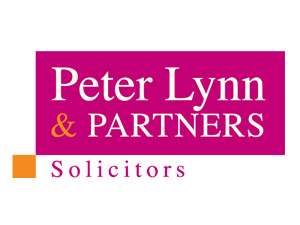The Risk Of DIY Probate

It is entirely possible to apply for probate and deal with an estate, without seeing a lawyer, but it’s not without risks warns legal group, Solicitors for the Elderly (SFE).
Many professionally drafted wills contain trusts to save tax, to avoid those who inherit paying care fees and to reduce the likelihood of potential disputes. SFE members have noticed an increase in ‘DIYers’ returning to them to seek advice when they have made a mistake or find the paperwork too tricky. Mrs A’s will had included a tax saving trust, but when her husband administered the estate, he paid the whole estate to himself. The solicitor was thankfully able to sort out the matter and avoid future complications occurring when Mr A eventually dies. In Mr G’s case, he sold some shares that had made a gain during the administration of his late sister’s estate and had to pay tax. If he had transferred the shares to himself first, before selling them, he could have avoided the tax.
Local SFE member and Wills & Probate specialist at Peter Lynn and Partners, Ian Walker said ‘People aren’t always aware of the complexities and assume probate work is straightforward. It is true that it can be, but it is just as true that sometimes it isn’t. In all but the most straightforward cases, it is important to seek timely specialist legal advice that can actually save you money and worry. The Government’s proposed recent changes to the Probate fees system also shows the dangers and potential costs of doing it yourself.’
The same can be said for wills. Trying to save money by trying to write a will yourself can lead to complications and increased costs for your estate. By seeing a qualified solicitor you will guarantee that your wishes have been properly drafted and you will have benefitted from a regulated service.
Many SFE members’ practices will offer to work in partnership with the deceased’s family to help and support them with the legal and technical work. As elder law specialists, members can even add value to their work, for example by identifying cases where money is owed to the estate for care funding, which should have been met by the NHS and assist in making a claim.
For further information or to arrange a meeting with Ian Walker, call 01792 643677
or email [email protected]